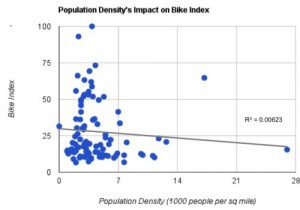This article assesses the link between country music and metropolitan suicide rates. Country music is hypothesized to nurture a suicidal mood through its concerns with problems common in the suicidal population, such as marital discord, alcohol abuse, and alienation from work. The results of a multiple regression analysis of 49 metropolitan areas show that the greater the airtime devoted to country music, the greater the white suicide rate. The effect is independent of divorce, southernness, poverty, and gun availability. The existence of a country music subculture is thought to reinforce the link between country music and suicide. Our model explains 51 percent of the variance in urban white suicide rates.
That’s the abstract of an article published in Social Forces — a top-10 journal in sociology — in 1992.
Before my snark gets me into trouble: Yes, I do realize that the article was published in 1992, back when most social science researchers only had a flimsy grasp of identification and causality. I also realize it would be foolish to impose on the authors of the above-referenced article the same standards of identification we impose upon ourselves today.
Yet, I cannot help but think that someone with a lesser of understanding of causality than the average reader of this blog is bound to eventually stumble upon the abstract, think “Hey, that totally makes sense!,” and run with it.
I’m sure there are also examples of such findings in other disciplines. If you know of any, please share.
(HT: Friend and former student Norma Padron, who is doing her PhD at Yale and has just launched a nice health economics blog.)

Facebook and Signalling: Are There Negative Consequences to not Being on Facebook?
From a letter to the editor published in last Saturday’s New York Times:
[O]ne big concern I have not seen discussed is whether not having a Facebook page is a liability.
An acquaintance recently told me that his church had hired a new minister. The final decision on which of two excellent candidates to hire came down to their Facebook pages. Presumably, candidates without Facebook pages didn’t get a second look.
Are we at the point where low Internet presence equals low job prospects?
We’ve all heard theories according to which Facebook is an enabler of narcissism, but this raises an interesting point regarding Facebook’s signalling potential.